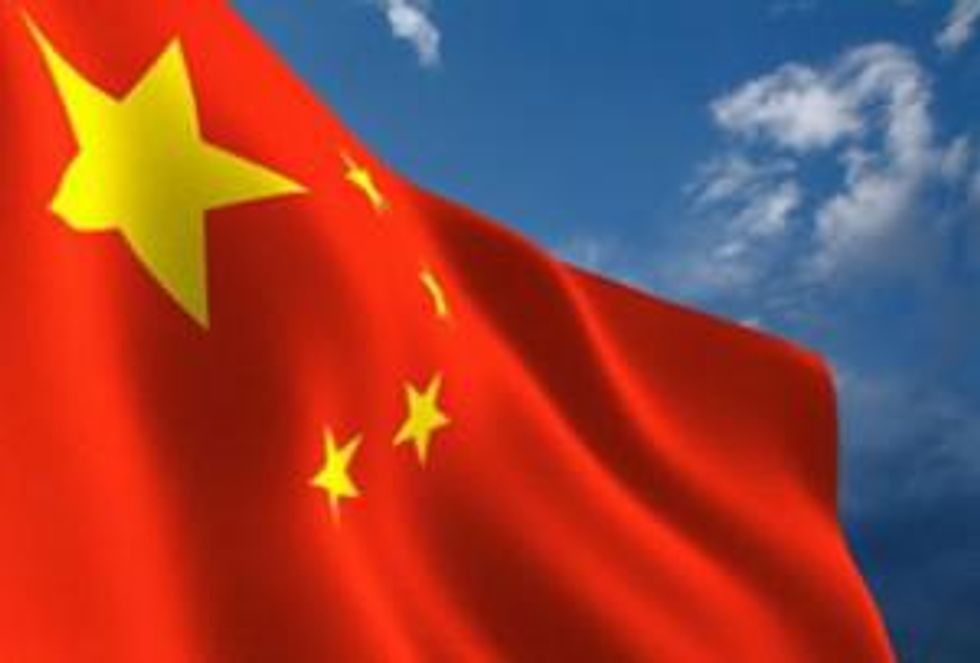Record Chinese Iron Ore Imports May be a Boon to Australian Juniors
China’s iron ore imports touched a record high in December as winter mine shutdowns increased demand for the construction material. Can junior miners in Australia now take some steps forward?
As reported by Bloomberg, iron ore shipments grew 29 percent from November, rising to 86.85 million metric tons (MT) in December. That’s up from 73.4 million MT in total from December 2013 and up 112.2 million MT in total from that year.
The rebound was predicted in some quarters, with Bank of America Merrill Lynch noting that restocking usually occurs in November and December.
That seasonal expansion is expected to help the iron ore price, which struggled throughout 2014, shedding nearly half of its value throughout the year. Morgan Stanley said in a report that it expects a 10-percent increase in iron ore prices as Asia’s steel industry stabilizes trade flows — iron ore is estimated to average $82 in the first half of the year before falling below $80 to the high $70 range.
It may also help beleaguered Australian iron ore juniors. Australia dominates the iron ore export market, with double the export from its nearest competitor. It’s also China’s largest supplier of iron ore, with much of the metal coming from the big three of Vale (NYSE:VALE), BHP Billiton (NYSE:BHP,ASX:BHP,LSE:BLT) and Rio Tinto (NYSE:RIO,ASX:RIO,LSE:RIO). As they’ve increased production, smaller companies like BC Iron, (ASX:BCI), Arrium (ASX:ARI) and Mount Gibson Iron (ASX:MGX) have suffered — so much so that the Western Australian government recently agreed to assist such miners “on a case by case basis,” as per Perth Now.
Another bright spot is weaker fuel costs. Australian iron ore shipping rates to China have fallen US$5 per MT since November, while shipping costs from Brazil to China have sunk by $11 per MT in that same time frame.
It’s too soon to tell how long this relative positivity will last, but perhaps it will be long enough for some companies to take steps in the right direction.
Securities Disclosure: I, Nick Wells, hold no direct investment interest in any company mentioned in this article.
